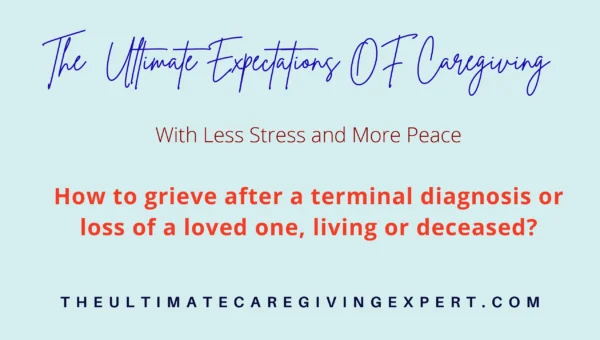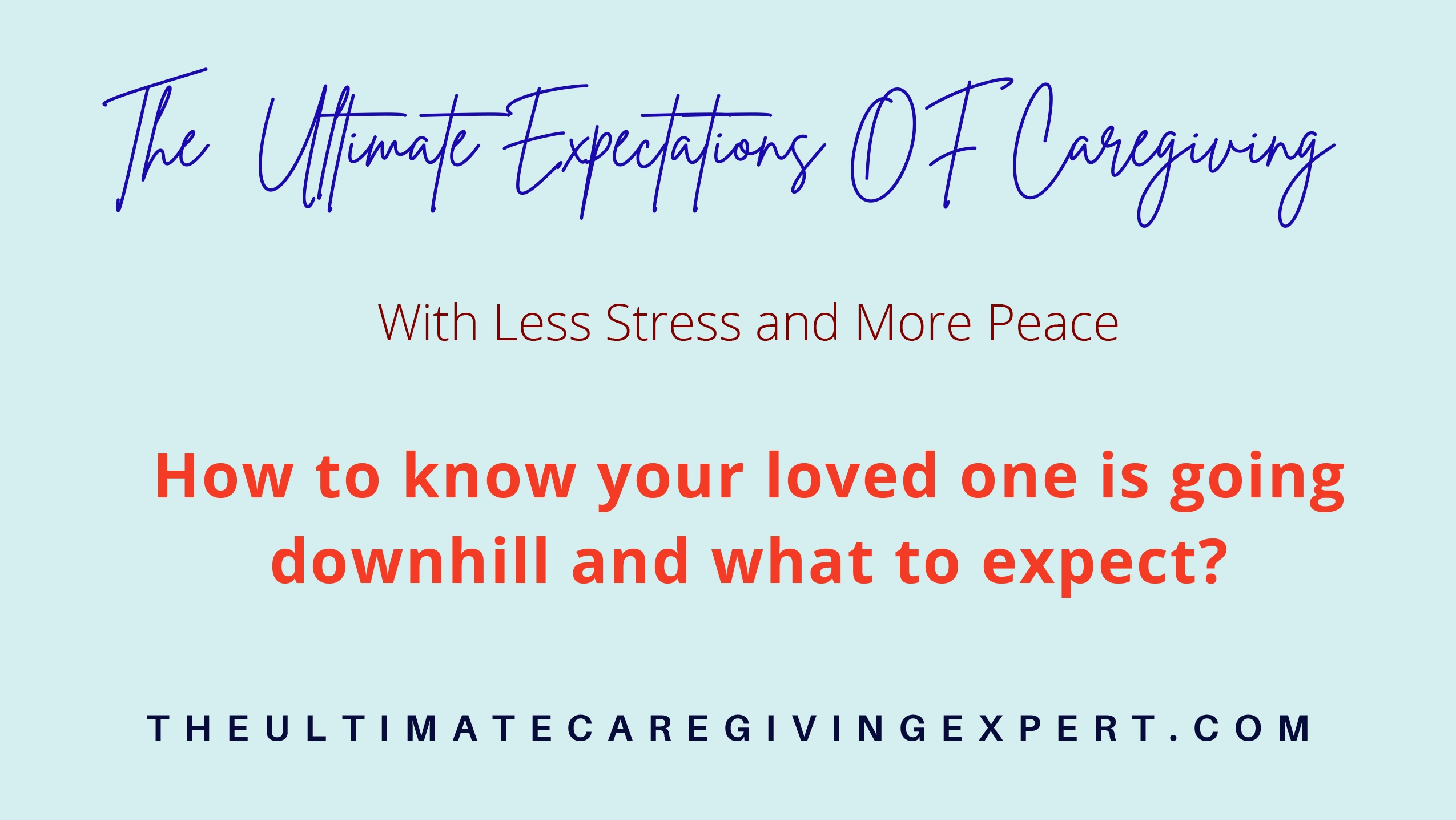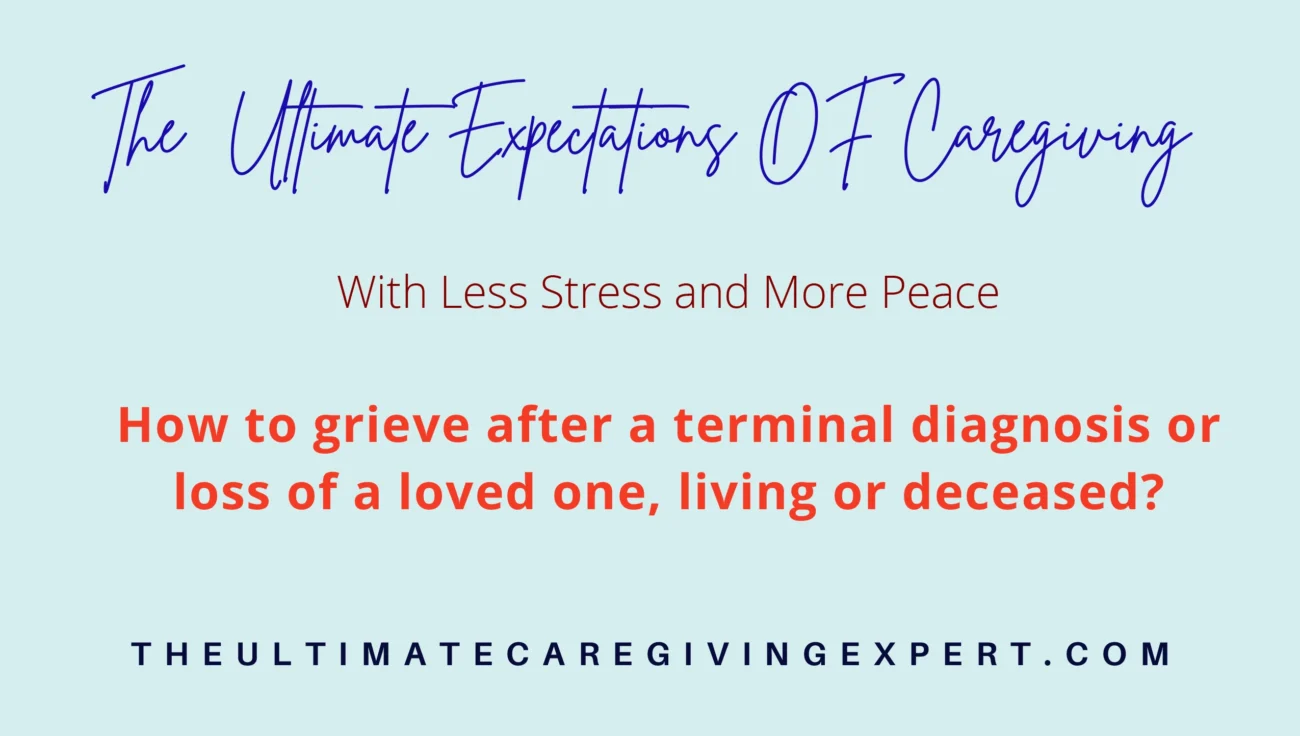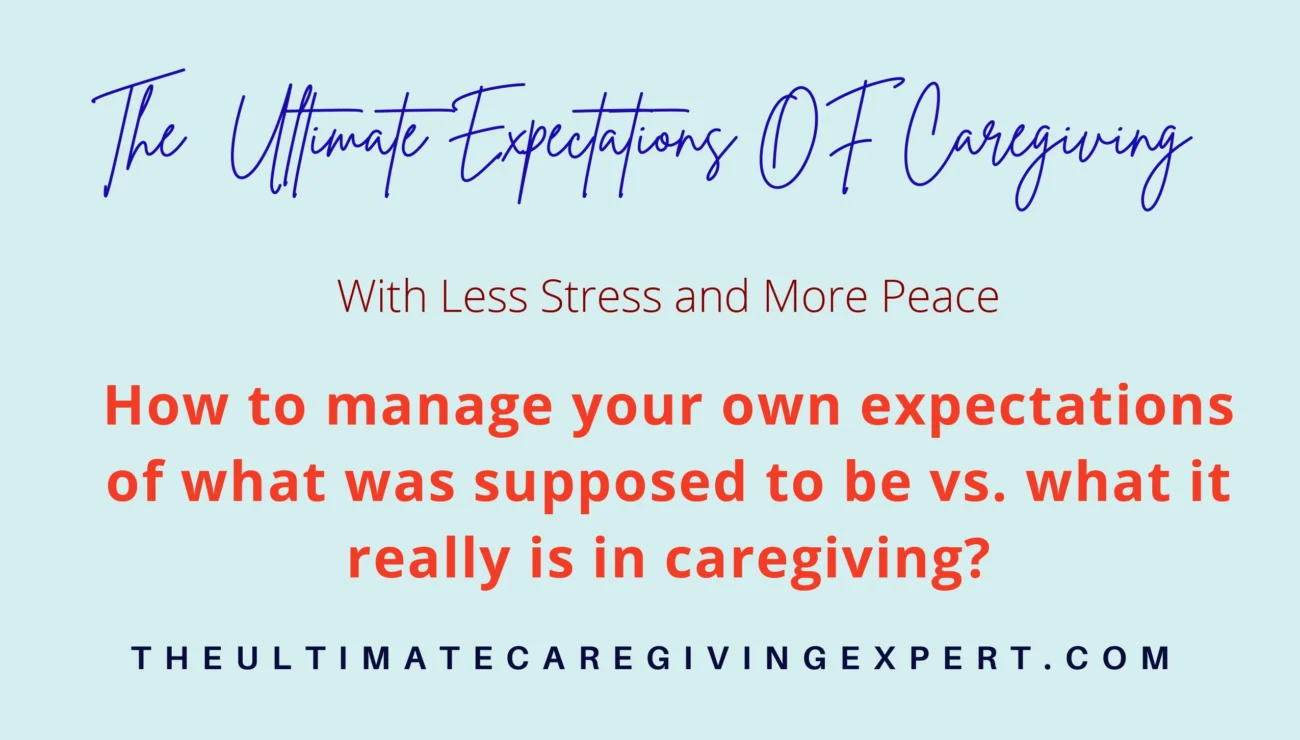Recognizing Decline in Caregiving – Understanding, Preparing, and Responding with Confidence
Recognizing Decline in Caregiving is one of the most challenging and emotional parts of being a caregiver. When you’re caring for a loved one, noticing changes in their physical, cognitive, or emotional state can stir up feelings of fear, sadness, and uncertainty. This comprehensive Recognizing Decline in Caregiving guide is designed to help you clearly identify the signs of decline, anticipate future needs, and prepare—both practically and emotionally—for the journey ahead.
Caregiving doesn’t come with a manual, but having the right knowledge can make a tremendous difference. By recognizing a decline in caregiving early, you can respond in a timely way, seek the right medical help, and adapt care plans to ensure your loved one receives the best possible support.
Why Recognizing Decline in Caregiving Matters
In many caregiving situations, subtle changes can be the early indicators of more serious issues. Without awareness, these signs can be overlooked until a crisis occurs. This guide teaches you how to identify warning signals, track progression, and take proactive steps to protect your loved one’s health and dignity.
Whether you are supporting a parent with dementia, a spouse with a chronic illness, or another family member with complex needs, this resource offers clarity during a time that often feels overwhelming.
What You’ll Learn in Recognizing Decline in Caregiving Guide
1. Common Signs of Decline in Physical and Cognitive Health
Learn how to recognize early indicators such as increased fatigue, changes in mobility, memory lapses, confusion, and emotional withdrawal. Understand the difference between typical aging and concerning decline so you can act quickly when needed.
2. How to Track Changes Effectively
Discover practical methods for keeping records—such as symptom logs, mood journals, and communication notes—that can help healthcare providers make more accurate diagnoses and care recommendations.
3. When to Involve Healthcare Providers
Understand the red flags that require immediate medical attention and learn how to communicate observations clearly to doctors, specialists, and care teams.
4. Preparing for Increased Care Needs
Get step-by-step advice for adjusting care plans, arranging home modifications, and securing additional help when your loved one’s needs begin to outpace your current abilities.
5. Emotional Support Strategies for Caregivers and Families
Caring for someone in decline can take a toll on your emotional well-being. Learn coping strategies, self-care tips, and family communication techniques to reduce burnout and maintain balance.
How Recognizing Decline in Caregiving Guide Supports You
This resource doesn’t just provide information—it offers compassionate guidance that acknowledges the emotional reality of caregiving. You’ll find practical checklists, real-life scenarios, and expert-backed strategies to make informed decisions at each stage of decline.
You’ll also gain insight into how to have difficult conversations with loved ones and family members, helping everyone involved prepare for the changes ahead with understanding and empathy.
Additional Resources for Added Support
-
Family Caregiver Alliance: Stages of Decline – Understand the different phases of decline and how they impact caregiving.
-
AARP: Caregiving End-of-Life Support – Guidance for navigating advanced stages of care and planning ahead.
Join Our Family Caregiving Community
Caring for a loved one can be rewarding—but it can also feel overwhelming when you’re doing it alone. Our Family Caregiving Group is a safe, supportive space where you can connect with others who truly understand your challenges, share your experiences, and find practical tips and encouragement. Whether you need advice, a listening ear, or just a reminder that you’re not alone, you’ll find it here. Click here to join our group today and become part of a compassionate community that cares for the caregiver, too.
Who Recognizing Decline in Caregiving Guide Is For
This product is ideal for:
-
Family caregivers supporting aging parents, spouses, or relatives
-
Caregivers navigating chronic illness, dementia, or terminal diagnoses
-
New caregivers who want to be prepared for future changes
-
Experienced caregivers looking to improve their observation and response skills










Reviews
Clear filtersThere are no reviews yet.